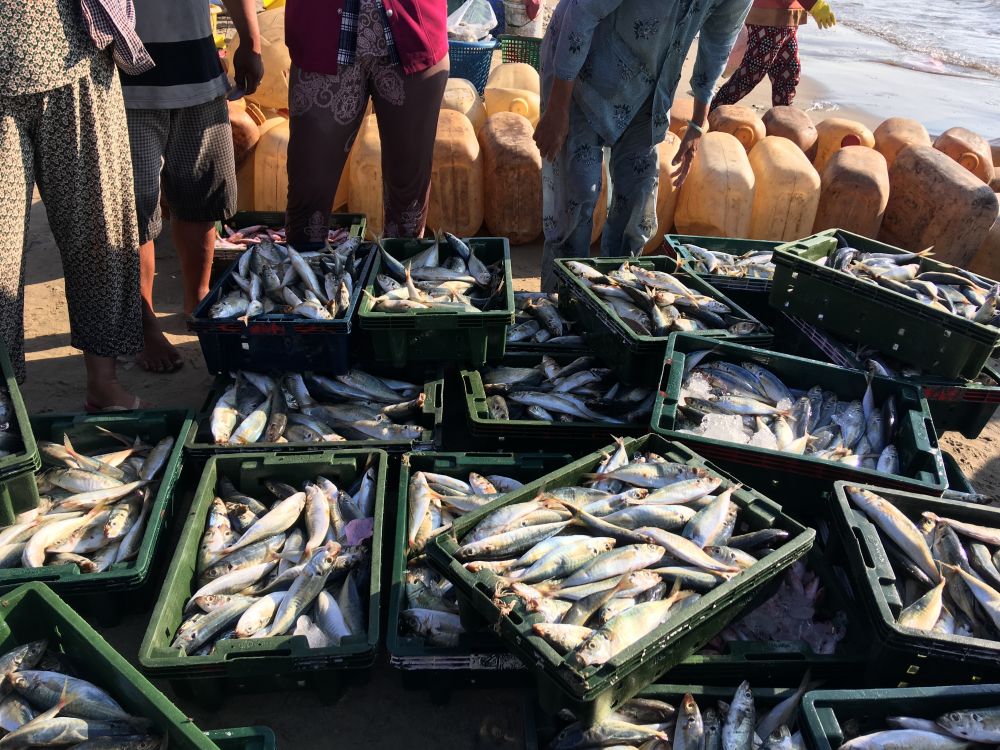US retailers taking strides on sustainable seafood
A new report from Greenpeace has found US retailers making a marked improvement on the sustainability of their sea produce.

A new report from Greenpeace has found US retailers making a marked improvement on the sustainability of their sea produce.
The report, called Carting Away the Oceans, is an update on a previous study by the non-profit conducted 10 years ago.
At the time, no retailers passed their assessment for sustainability; today, 90 per cent received “passing scores”, according to Greenpeace.
22 retailers were assessed according to their policies on the responsible sourcing of fish, transparency, human rights, and improvements to fisheries management.
While there were wide differences between the leading US supermarkets, only two, Save Mart, and Wakefern, were below par. Walmart, the world’s largest company by revenue, was ranked 13th, down one spot from last year’s edition.
The top four retailers were Whole Foods, Hy-Vee, ALDI, and Target, which all scored between 70 and 80 out of 100.
Improvements were found across on the board on policies to ensure tuna is caught using the pole-and-line method; the phasing-out of selling at-risk species; and stronger initiatives to push for reform within supply chains.
However, the report makes clear that all retailers were failing on the issue of plastic pollution, noting that “none of the profiled retailers have major, comprehensive commitments to reduce and ultimately phase out their reliance on single-use plastics.” The long-standing problem has gained in prominence over the past couple of years with many global manufacturers taking steps to cut waste.
“Supermarkets across the country have made significant progress on seafood sustainability in recent years,” said Greenpeace campaigner David Pinsky. “It is time for major retailers to put the same energy into tackling the other issues facing our oceans and seafood workers, such as plastic pollution and labor and human rights abuses in seafood supply chains. It’s not truly sustainable seafood if it is produced by forced labor and then wrapped in throwaway plastic packaging.”
